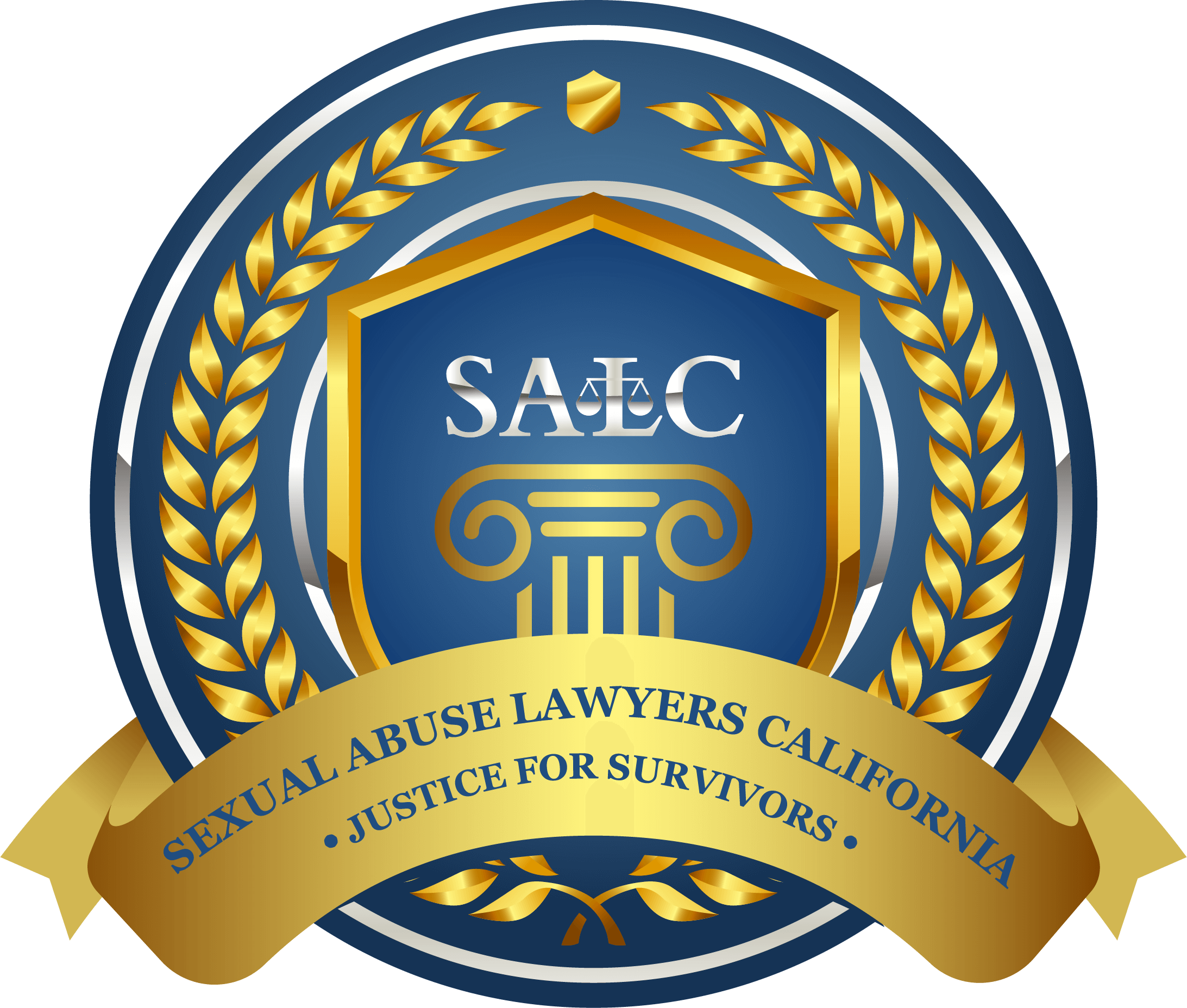Understanding Sexual Harassment in the Workplace
Sexual harassment in the workplace encompasses a range of behaviors that can create a hostile, intimidating, or offensive work environment. One prevalent form of such harassment is inappropriate physical contact, which includes unwanted touching, hugging, kissing, or invasions of personal space. These actions not only violate personal boundaries but also undermine professional conduct and workplace decorum.
This type of harassment can manifest in various ways, ranging from subtle to overtly aggressive. It might start with seemingly innocuous actions like unsolicited shoulder rubs or close standing and escalate to more explicit forms of unwanted physical contact. Such behavior is not only unprofessional but also illegal, as it violates workplace policies and, in many jurisdictions, the law.
The impact of this kind of sexual harassment can be profound and far-reaching. Victims may experience a range of emotional and psychological effects, including anxiety, stress, fear, and a sense of powerlessness. It can lead to decreased job satisfaction, reduced productivity, and even compel the victim to avoid certain situations or individuals at work. In severe cases, it may result in the victim taking leave from work or even leaving their job entirely.
Understanding one’s rights under the law is crucial in such situations. Many countries and regions have specific laws and regulations designed to protect employees from sexual harassment in the workplace. These laws typically require employers to take immediate and appropriate action to investigate and address harassment complaints. Employers are also expected to have clear policies against sexual harassment and procedures for reporting and dealing with such incidents.
Employees should familiarize themselves with their organization’s sexual harassment policy, understand the procedures for reporting incidents, and know their legal rights. Reporting such behavior is a critical step in stopping it. Employers are obliged to treat these reports seriously and confidentially, and to take appropriate action to ensure a safe and respectful work environment.
It is also important to note that victims of workplace sexual harassment have the right to seek legal recourse. This can include filing a complaint with relevant labor authorities or pursuing legal action against the perpetrator or the employer, especially if the employer fails to address the issue adequately.
Addressing sexual harassment in the workplace requires a collective effort. Employers must foster a culture of respect and safety, where such behavior is neither tolerated nor ignored. Employees should be encouraged to speak up against harassment and support their colleagues in doing so. By understanding the nature of sexual harassment, its impact, and the legal rights and remedies available, both employers and employees can work towards creating a safer, more respectful workplace.

Defining Inappropriate Touching and Invasions of Personal Space
Inappropriate touching and invasions of personal space in the workplace or other settings constitute a serious breach of conduct and personal boundaries. This behavior, which any skilled sexual assault lawyer would classify as unwelcome physical contact of a sexual nature, can take various forms. It includes actions like touching, grabbing, groping, pinching, or fondling someone without their consent. These actions are not only unprofessional but also violate the individual’s right to personal autonomy and safety.
In addition to direct physical contact, inappropriate behavior also involves invasions of personal space. This can occur when someone stands too close in a way that feels threatening or uncomfortable, touches another person without permission, or engages in other forms of unwelcome physical interaction. Such behavior can be particularly distressing as it often happens suddenly, leaving the victim feeling vulnerable and powerless.
A competent sexual assault lawyer would recognize these actions as clear violations of legal and ethical standards. These behaviors can create a hostile environment, impacting the victim’s mental and emotional well-being, performance at work, and overall sense of security. It’s important for individuals to understand that they have the right to a safe environment free from such violations. Victims of inappropriate touching or invasions of personal space have legal recourse and can seek advice and representation from a sexual assault lawyer to address these violations.
Organizations and employers must have clear policies against such behavior and ensure that all employees are aware of these policies. Effective communication about what constitutes inappropriate behavior, coupled with a strong stance against violations, can help create a safer and more respectful environment. Reporting mechanisms should be accessible and responsive, encouraging victims to come forward without fear of retaliation. Through awareness, education, and strict enforcement of policies, the prevalence of such misconduct can be significantly reduced, promoting a culture of respect and dignity for all individuals.
Understanding the Impact
Recognizing Sexual Harassment
In evaluating whether an incident amounts to sexual harassment, such as dental sexual abuse, the context and intent behind the actions must be closely examined. Sexual harassment is identified when the behavior is unwelcome, stems from someone’s sex or gender, and fosters a hostile or offensive work environment. It is crucial to acknowledge that sexual harassment, including dental sexual abuse, can transpire between individuals of any gender, affecting both the victim and the workplace atmosphere.
Legal Protection
In the United States, including California, individuals are protected by federal and state laws that prohibit sexual harassment in the workplace. Title VII of the Civil Rights Act of 1964 and the California Fair Employment and Housing Act (FEHA) establish the legal framework to address sexual harassment and protect employees from such misconduct. These laws protect employees from unwelcome sexual advances, requests for sexual favors, and other verbal or physical conduct of a sexual nature.
Taking Action
If you experience inappropriate touching, hugging, kissing, or invasions of personal space at work, it is crucial to take action to protect your rights and well-being:
- Document the incidents: Keep a detailed record of the incidents, including dates, times, locations, descriptions of the actions, and any witnesses present.
- Report the harassment: Report the incidents to your supervisor, manager, human resources department, or any designated authority within your organization. Follow your company’s policies and procedures for reporting sexual harassment.
- Consult with an attorney: Seek legal advice from an experienced sexual harassment attorney who specializes in employment law. They will guide you through the legal process, explain your rights, and help you navigate the appropriate course of action.
- Preserve evidence: Preserve any evidence that supports your claim, such as emails, text messages, or witness statements. These pieces of evidence can be crucial in supporting your case.
- Cooperate with investigations: Cooperate fully with any internal or external investigations conducted by your employer or relevant government agencies, such as the Equal Employment Opportunity Commission (EEOC) or the California Department of Fair Employment and Housing (DFEH).
- Take care of your well-being: Seek emotional support from friends, family, or professional counselors who can provide guidance and empathy during this difficult time.
- Know your rights: Familiarize yourself with your rights as a victim of sexual harassment and the legal protections available to you under federal and state laws. Your attorney will provide you with specific information and guidance tailored to your situation.











